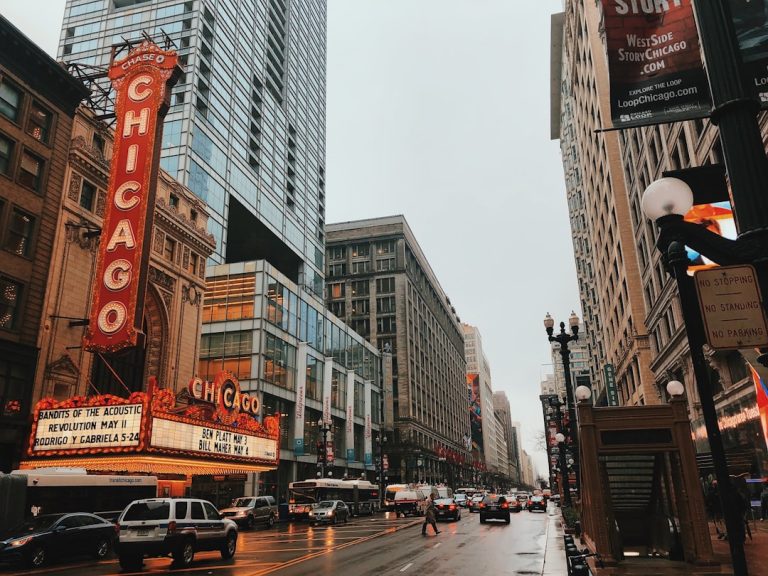In Illinois, rape cases center on proving non-consensual sexual penetration beyond a reasonable doubt, with key elements including medical evidence, witness testimonies, and preserved physical evidence. Rape is defined as any form of sexual penetration without consent, even when the victim is incapacitated. The age of consent is 17, making sexual activity between individuals under 17 and those 17 or older potentially illegal. Chicago residents facing sexual assault allegations or needing legal counsel regarding Illinois rape laws should consult with reputable rape law firms in Illinois for guidance and support.
In Illinois, understanding rape laws is crucial for Chicago residents, especially given the sensitivity and complexity of these cases. This article provides a comprehensive guide to navigating the state’s legal framework regarding rape, offering key insights into what constitutes rape, age of consent, and prosecution requirements. We explore victims’ rights and resources, including reporting options and support services, while also delving into defending against accusations through the lens of Illinois rape law firms and their strategies.
Elements of a Rape Case in Illinois

In Illinois, a rape case is built around several key elements that must be proven beyond a reasonable doubt. The first element involves the act itself—a person committing sexual penetration with another individual without that person’s consent. Sexual penetration includes any intrusion, however slight, of any part of a person’s body or an object into another person’s body. Consent, or its absence, is a critical aspect; it must be voluntary and enthusiastic. If there was no clear agreement or the victim was unable to give consent due to intoxication, fear, or incapacitation, it can constitute rape.
Rape law firms in Illinois often emphasize the importance of timely reporting and evidence collection. Law enforcement agencies have specific protocols for handling rape cases, ensuring that physical evidence is preserved and documented properly. This includes medical examinations, which are crucial for collecting evidence and documenting injuries related to the assault. Additionally, witness testimonies, especially from friends or family who can corroborate the victim’s account, play a significant role in building a strong case.
– Definition of rape

Rape, as defined under Illinois rape laws, is a serious sexual crime that involves any form of sexual penetration or union against the will or consent of another person. This includes situations where the victim is incapable of giving consent due to factors such as intoxication, sleep, or mental incapacitation. Illinois rape law firms often emphasize the importance of understanding these definitions to ensure victims’ rights are protected and offenders are held accountable.
The state’s legislation clarifies that consent must be freely and voluntarily given, and can be withdrawn at any time. Any sexual act without this explicit consent is considered rape, making knowledge of one’s rights crucial for Chicago residents facing such allegations or who have been victims of sexual assault.
– Age of consent

In Illinois, the age of consent for sexual activities is 17 years old. This means that any sexual act between an individual aged under 17 and someone who is 17 or older can be considered illegal, especially if there is a significant power imbalance or lack of consent. It’s crucial for Chicago residents to understand these laws to protect themselves and others from potential rape charges.
If you’re facing allegations of sexual assault or are in need of legal counsel regarding Illinois rape laws, consulting with a reputable rape law firm in Illinois can provide the guidance and support you require. These experts specialize in navigating complex legal systems and advocating for the rights of individuals accused of, or affected by, sexual crimes.






